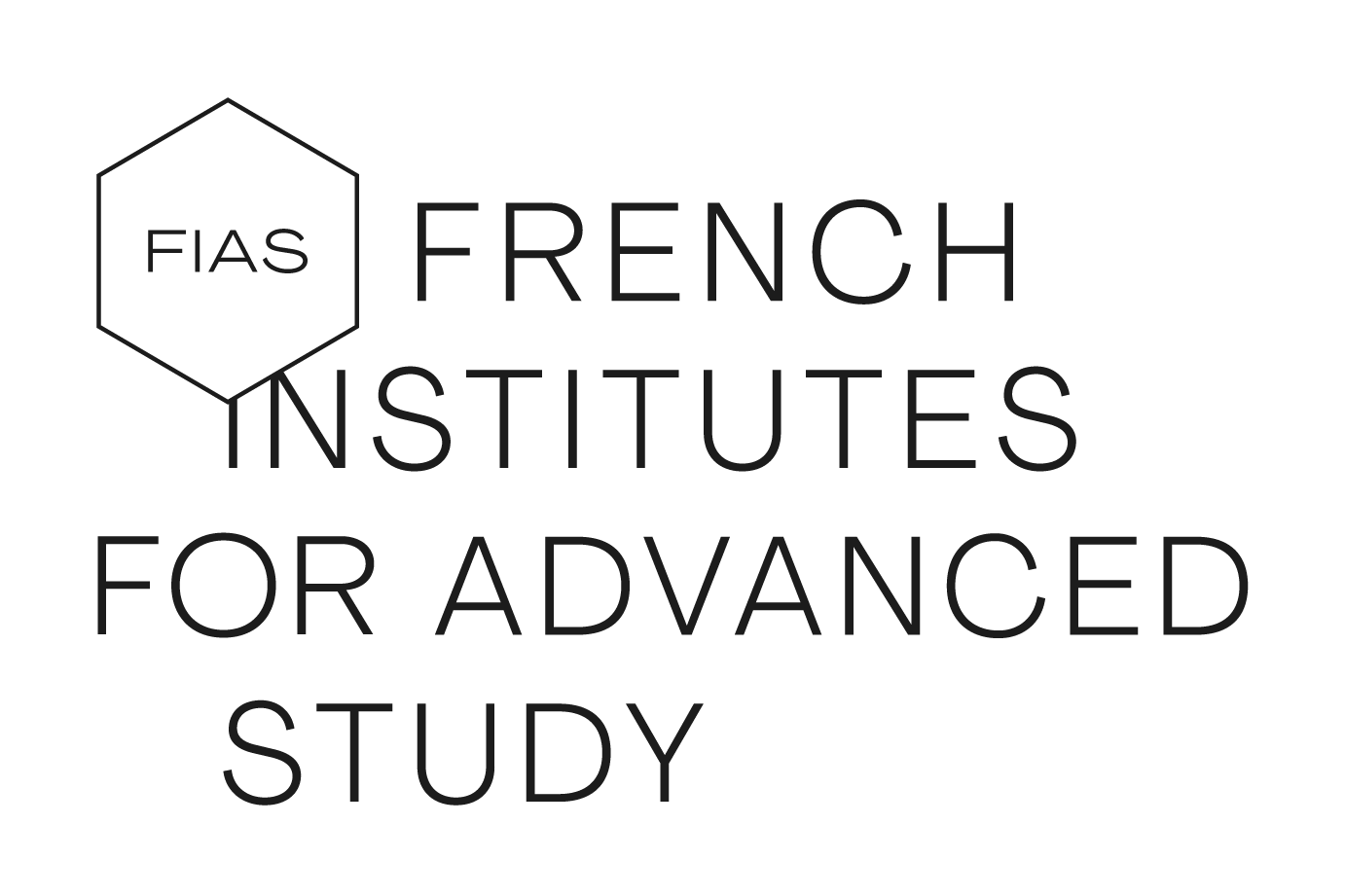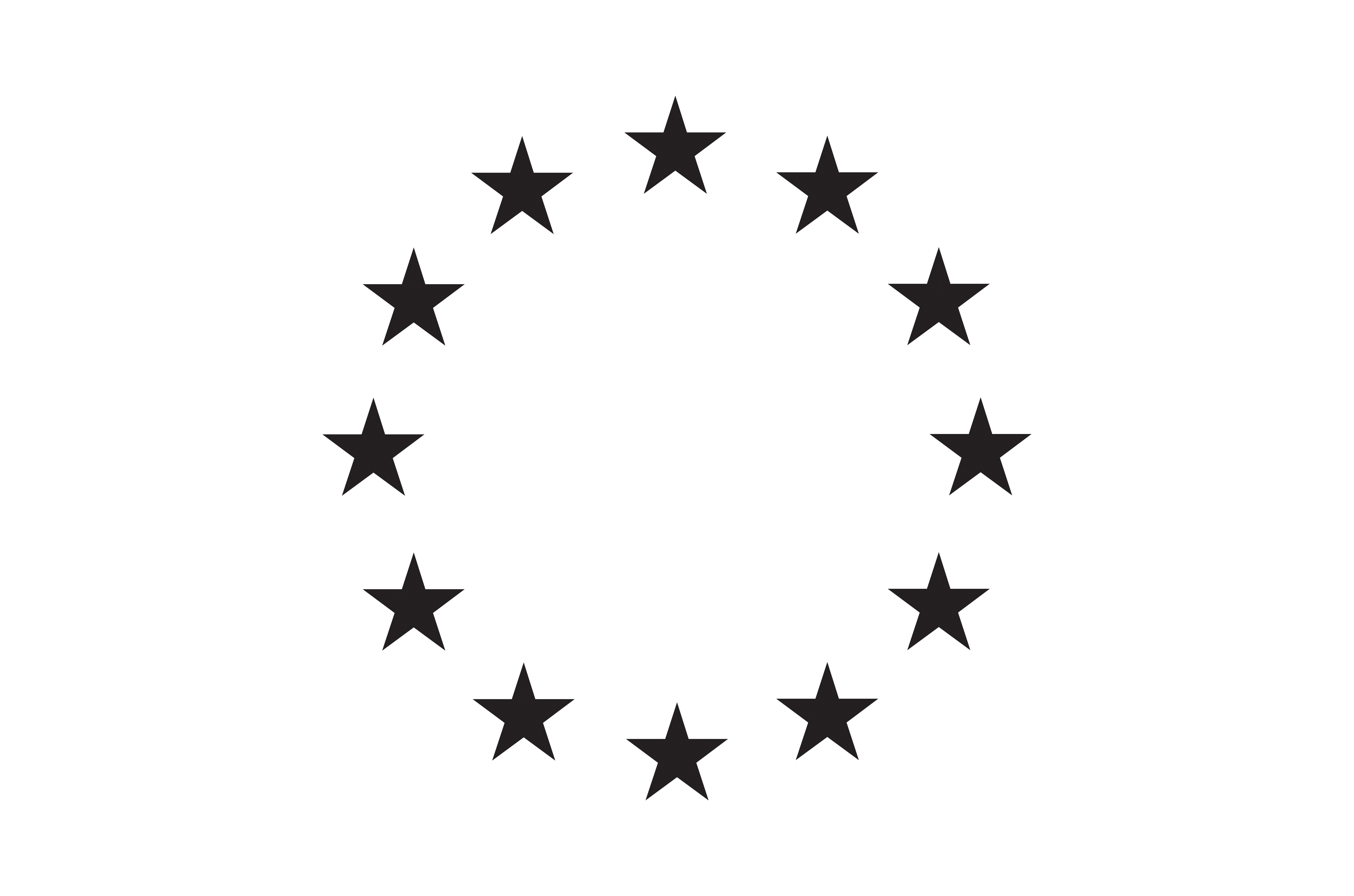Gordon Cumming
Gordon D. Cumming is a professor of language-based area studies at the School of Modern Languages, Cardiff University. He is also a fellow of the Royal Historical Society, the Learned Society of Wales and the Institute of Commonwealth Studies.
His research is both policy-oriented and theoretically underpinned. His British Academy, ESRC, FMSH and Leverhulme-funded research focuses on French, British and wider international development/security policies, with a particular focus on sub-Saharan Africa.
In September 2024, he joins the Paris IAS as part of the French Institutes for advanced Study fellowship program - FIAS - co-funded by the European Union’s Horizon 2020 research and innovation programme under the Marie Skłodowska-Curie grant agreement No 945408. His fellowship also benefits from the support of the RFIEA+ LABEX, with a national funding (Grant ANR-11-LABX-0027-01).

![]()

Research Interests
French, British and wider international development and security policies; Northern NGOs and civil society building; fragile states and military ad hoc coalitions.
Understanding foreign aid responses to Covid-19
In 2020, a UN report predicted that Covid-19 would slash global economic output by 8.5 trillion US dollars, forcing millions into extreme poverty and undoing years of socio-economic progress in the Global South. The UN urged donors to display ‘unity and solidarity’ by increasing foreign aid and ensuring an equitable dissemination of vaccines? Yet did they? Or did they turn inwards, reduce aid and favour vaccine nationalism? These questions are central to this project which compares and explains the aid responses of three key donors: France, the United Kingdom and the United States. To do so, it adopts a novel conceptual framework combining regime complexity, which allows for the possibility that donors were acting in their collective self-interest as per the mantra ‘No-one is safe until everyone is safe’, and blame avoidance, which points to a more self-interested, parochial approach.
This project offers the first theoretically driven, in-depth comparative study of donor approaches to Covid. It advances public policy theories in ways that cut across conventional dichotomous thinking on cooperation versus nationalism. It also tells us more about how we in the Global North react to crises elsewhere and how our governments behave when regime hegemons (in this case, the USA and World Health Organisation) fail miserably. Finally, it makes concrete recommendations and identifies alternative forms of donor leadership that should build resilience in the event of future global crises.
Key Publications
Cumming, G. D. (2018). "Towards an enhanced understanding of aid policy reform." Public Administration and Development, 38(5), pp 179-189. http://dx.doi.org/10.1002/pad.1842
Cumming, G. D. (2015). "Europeanisation through the prism of regime complexity: the case of French aid." European Politics and Society, 17(1), 12–27. https://doi.org/10.1080/23745118.2015.1075763
Cumming, G. D. (2001). Aid to Africa: French and British Policies from the Cold War to the New Millennium. Routledge: London. https://doi.org/10.4324/9781315263106
|
Speech by Gordon Cumming (Cardiff University, Paris IAS) during the conference organized by François Pacquement at the Académie des Sciences d'Outre-Mer Speech by Gordon Cumming (Cardiff University) as part of the international conference "2024 UK General Election. Is the UK (still) unstable?" organized by the Centre for Research on the English-Speaking World (CREW) - Université Sorbonne Nouvelle. Talk by Gordon Cumming, 2024-2025 Paris IAS Fellow, organized by the Center for Research on the English-speaking World (CREW) at Université Sorbonne Nouvelle Presentations by Gordon Cumming, 2024-2025 Paris IAS Fellow, as part of a training session organized by the Diplomatic and Consular Academy of the French Ministry of Europe and Foreign Affairs Lecture by Gordon Cumming at the Université de Picardie Jules Verne as part of the ‘In Search of Birtain’ seminar. |
|
|






